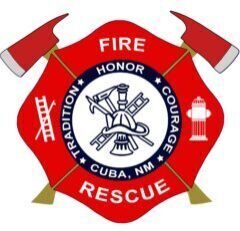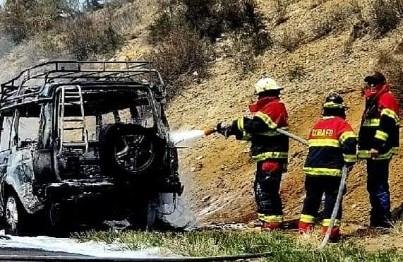The Cuba Volunteer Fire Department plays a vital role in protecting our community from the dangers of fire through dedicated fire suppression services. When emergencies strike, our volunteers respond quickly to structure fires, vehicle fires, and wildland incidents across a large rural service area. Fire suppression involves much more than just putting out flames—it requires careful coordination, use of specialized apparatus like engines, tenders, and brush trucks, and a deep commitment to safety for both our crews and the public. Every response is carried out with professionalism and teamwork, ensuring that fires are contained quickly to minimize damage and protect lives.
In addition to emergency response, Cuba Volunteer Fire Department invests time in training and preparation to stay ready for fire suppression challenges. Our members drill regularly on hose operations, water supply, ventilation, and search-and-rescue techniques to sharpen their skills and build confidence under pressure. With the unique risks of rural communities—longer response times, limited hydrants, and a mix of structures and wildland areas—we place strong emphasis on adaptability and resourcefulness. Through fire suppression, CVFD stands as the first line of defense for our neighbors, committed to safeguarding homes, businesses, and the surrounding environment.
Fire Safety Tips
Install Smoke Alarms
Place smoke alarms on every level of your home and inside each bedroom. Test them monthly and replace batteries at least once a year.Plan and Practice an Escape Route
Create a fire escape plan with two ways out of every room. Practice with your family at least twice a year.Keep Exits Clear
Make sure hallways, doors, and windows are not blocked by furniture or clutter. Quick access is critical in an emergency.Stay in the Kitchen While Cooking
Unattended cooking is the leading cause of home fires. Never leave pots, pans, or the stove unattended.Use Heaters Safely
Keep portable heaters at least three feet away from anything that can burn, and never leave them running unattended.Be Careful with Candles
Always place candles in sturdy holders and extinguish them before leaving the room or going to sleep.Store Flammables Properly
Keep gasoline, propane, and cleaning products in approved containers and away from heat sources.Don’t Overload Outlets
Avoid plugging too many devices into one outlet or extension cord. Use surge protectors when needed.Teach Children About Fire Safety
Make sure kids know not to play with matches, lighters, or electrical cords, and teach them what to do if a fire starts.Stop, Drop, and Roll
Remind everyone in your household of this simple but life-saving technique in case clothing catches fire.

